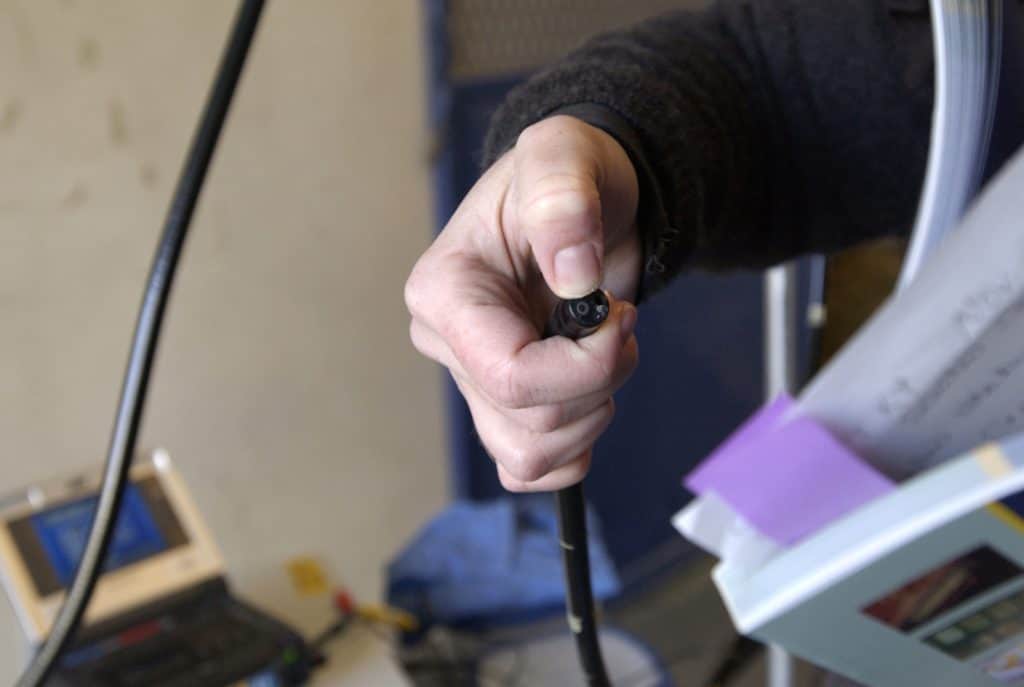
New Procedure Uses Wire to Help Heal a Broken Mandible
Researchers stressed the importance of postoperative diet, hygiene, and medications for a successful outcome.
News and issues for equine health professionals

Researchers stressed the importance of postoperative diet, hygiene, and medications for a successful outcome.
Top take-homes from presentations on laminitis, grass sickness, atypical myopathy, sedation, and more.

MumsVet provides information and support for equine veterinary professionals who are balancing work with parenthood.

Only enlarged proximal sesamoid bones were identified as being a risk for delaying a 2-year-old’s first start.

The degree of hypertension some study horses developed could possibly result in serious complications, scientists found.

Researchers are exploring whether various diagnostic biomarkers could help assess fetoplacental well-being in mares.

Researchers observed a decrease in the fecal microbial diversity in EMS horses compared to metabolically normal horses.

Hysteroscopy involves running a flexible endoscope through the uterus to check for abnormalities.

Factors such as constant individual stabling and restricted feeding can make horses less optimistic, researchers found.
Sue McDonnell, MS, PhD, will teach the equine welfare class.

Researchers could not identify a positive relationship between inflammation and obesity or insulin resistance in horses.

Penn Vet researchers tested more efficient ways to identify blood compatibility and type prior to transfusions.

Researchers are studying underlying genetic factors that lead some horses to develop heaves while others don’t.

The standing procedure involves temporarily inserting tubing from the horse’s tear duct into the sinus cavity.

Researchers hope to reduce the risk of racehorse fatalities on the track.

There are other reasons for freezing a stallion’s semen besides export or transport.
Stay on top of the most recent Horse Health news with
"*" indicates required fields